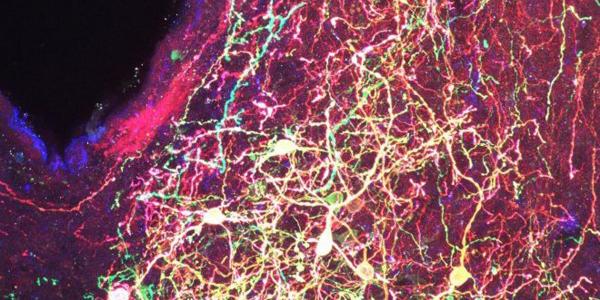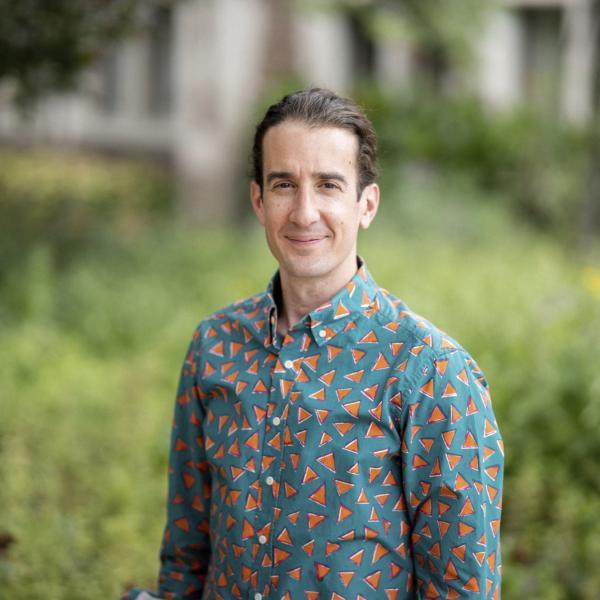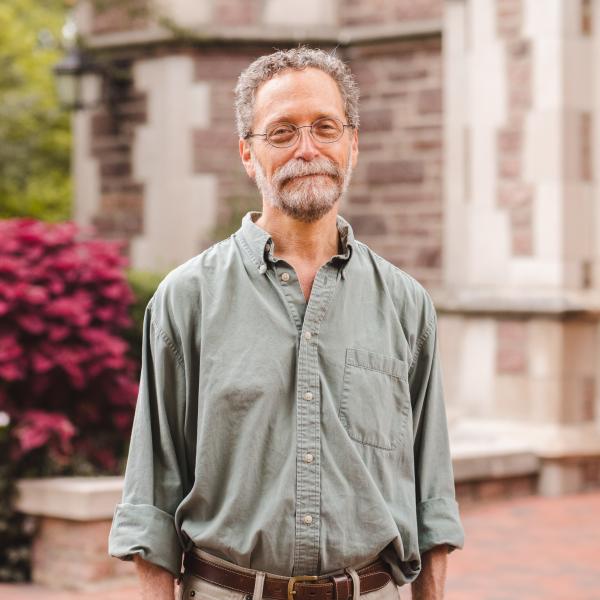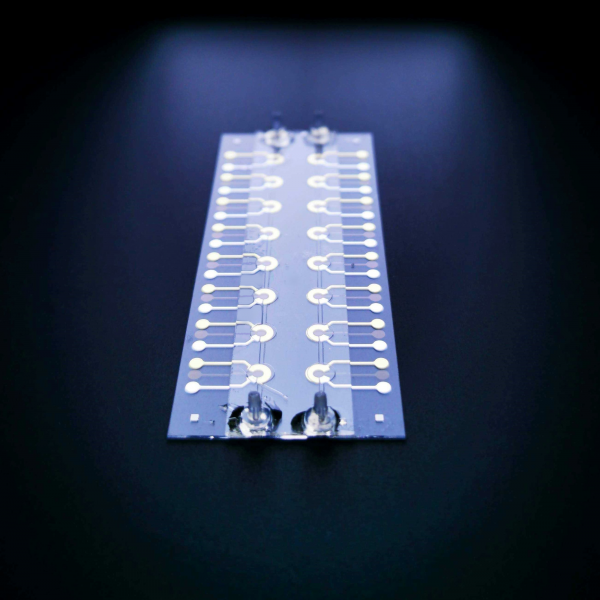Erik Herzog is a chronobiologist at Washington University, studying the molecules, cells and circuits that underlie daily rhythms in physiology and behavior. He was recently named the Viktor Hamburger Professor of Biology. Viktor Hamburger was one of the most influential neuro-embryologists of the twentieth century, beginning his research at Wash U in 1935.
“I am deeply honored by this recognition. Viktor Hamburger is a hero to so many of us at Washington University and, Sally Elgin, who held this Endowed Professorship before me, has been an inspiration to me for her studies on epigenetics and her leadership to incorporate research into our teaching curriculum and to create the Institute for School Partnership. I’m particularly thankful to my lab, Dean Schaal and the folks in the Biology Department for their support over my 19 years at Washington University.”-Erik Herzog
Erik started his lab in 2000. His laboratory has discovered mechanisms underlying how circadian clocks regulate physiology, behavior and health. Current projects include: identify the neural code used by neurons to release neuropeptides that synchronize circadian cells, test the role of maternal and fetal circadian tissues in timing birth, establish the ionic basis for daily rhythms in neuronal excitability, and map the connections and cell types that underlie daily rhythms as a function of age, sex and seasons. Supported by grants from agencies including the National Institutes of Health and the March of Dimes, the lab has published over 100 peer-reviewed articles. Erik has been recognized with teaching and mentoring awards and Co-Directed the WU Neuroscience Graduate Program from 2012-17. Erik serves as the President of the Society for Research on Biological Rhythms and the Director of the St. Louis Neuroscience Pipeline, a NIH-funded initiative to increase diversity in the neurosciences.





